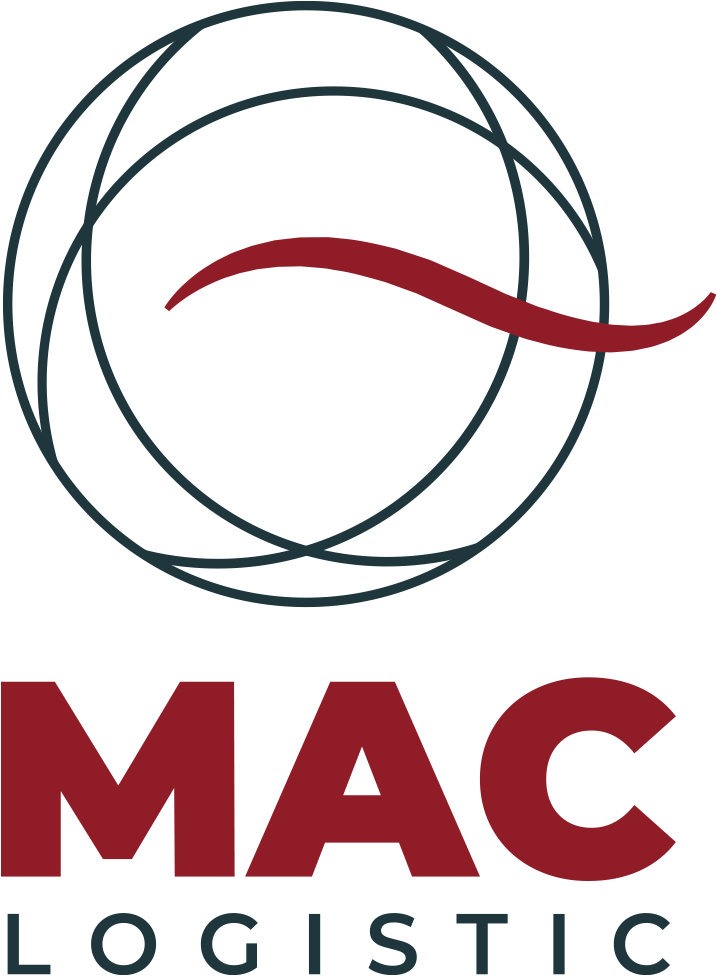
The post-pandemic market presents differences both in practice, which involves the execution of corporate activities, and in mentality, including new approaches in business or labor relations. Here are the main scenarios that should develop from this!
Changes in consumer behavior
The pandemic period has generated both reflections and difficulties, so that priorities have been re-signified. As a result, customers have been looking for more than quality products or services with good prices when buying.
Now, the attitude of brands in relation to various points, such as the crisis itself, diversity and inclusion, respect for the environment, social responsibility, organizational culture, etc., weighs on the consumption decision.
In addition, quality of life, physical or mental health and well-being have become central importance in the choices. Therefore, businesses that offer solutions or that show empathy in this regard also come out ahead of the competition.
Focus on mental health
While the COVID-19 pandemic has taken a toll on physical health from the impact of the disease on those infected, lockdown, insecurity about the future, and the strain of reconciling various personal situations with the new reality of work have shaken people’s mental health.
It also contributed to this scenario of greater focus to this, the reassessment of priorities in the face of the risks of the Coronavirus.
Increased use of technology
If in the first moments of this crisis companies invested in technologies to sell online or ensure the continuity of work in home office, the post-pandemic market shows no signs that these practices will be completely reversed.
While remote work has migrated to the “anywhere office”, putting as a corporate benefit the possibility of working anywhere, consumers have realized the convenience of making transactions without having to go to the physical establishment.
However, digital transformation is a large process that also includes solutions for manufacturing operations and for the execution of internal tasks capable of optimizing corporate activities.
Already considering that other innovations and improvements are emerging every day, as well as reaching the general public more quickly, the expansion of the use of technologies should not stop anytime soon.
Valuing diversity
The inclusion of minorities and the quest to reduce the incidence of various types of prejudice are not attitudes that have emerged in the pandemic. However, the elements of this period of crisis showed how the differences are still large, as the economic impacts were greater for these groups.
With society more sensitive to this, the consumer and labor market began to position itself. In response to this context, companies have positioned themselves as protagonists in search of increasing diversity in the business environment.
New skills
Whether it’s to know how to use new technologies, or to better deal with a more fickle post-pandemic market, other skills are being demanded of professionals.
Added to this, the increase in entrepreneurship and the reduction of job vacancies also contribute to this scenario. Thus, companies are increasingly training their teams, at the same time that the demand for individual development is growing.
Lifelong Learning
In addition to the need for new skills, Lifelong Learning is a learning model in which education does not stop throughout life. From this approach, professionals are more open to dealing with the frequent changes in the market.
This is reflected in the emergence of new educational models, in the change in the profile sought for hiring and even in the benefits offered by companies that both encourage and value this posture.




